Volkswagen, the renowned German automaker, has left an indelible mark on the automotive industry with its iconic models. From the unforgettable Volkswagen Beetle to the adventurous Microbus, each car represents a unique piece of automotive history. In this article, we embark on a journey through time to delve deeper into the most iconic Volkswagen models. These vehicles have not only shaped the brand’s identity but have also become symbols of innovation, reliability, and cultural significance.
The Volkswagen Beetle: A Timeless Legend
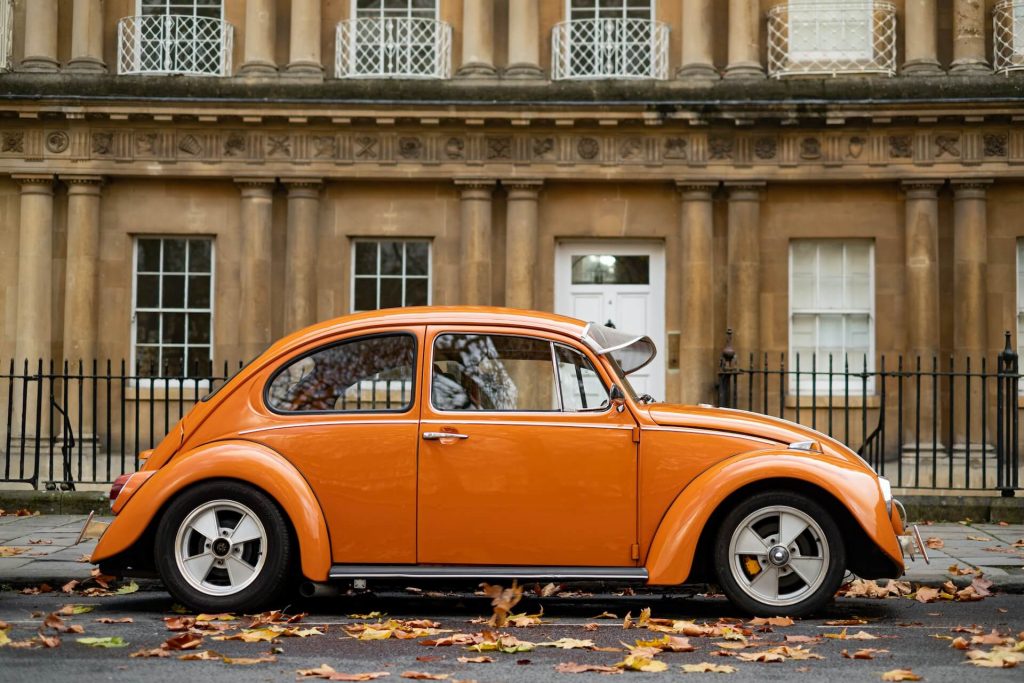
The Volkswagen Beetle, also known as the “Bug” or “Type 1,” is undoubtedly one of the most iconic Volkswagen models in history. Introduced in 1938, the Beetle became a symbol of ingenuity and accessibility for the masses. Its revolutionary rear-engine, rear-wheel-drive design, along with a distinctive curvaceous body, set it apart from conventional cars of its time.
Throughout its impressive production run that lasted until 2003, the Beetle underwent numerous improvements, ensuring it remained relevant and endearing to car enthusiasts worldwide. It transcended its role as a simple mode of transportation and captured the hearts of millions with its charming personality.
From families seeking practicality to the free-spirited counterculture of the 1960s and 1970s, the Beetle touched the lives of people from all walks of life. Its legacy endures in various modern iterations, such as the Volkswagen New Beetle, serving as a testament to its status as an iconic Volkswagen model.
Volkswagen Microbus: The Spirit of Adventure

Introduced in 1950, the Volkswagen Microbus, fondly referred to as the “VW Bus” or “Transporter,” became a symbol of freedom, adventure, and camaraderie. The Microbus was more than just a vehicle; it embodied the spirit of the open road and the nomadic lifestyle that characterized the counterculture movement.
With its boxy and utilitarian design, the Microbus provided ample space for passengers and their belongings, making it the vehicle of choice for road trips and outdoor escapades. Its pop-up camper variant allowed people to immerse themselves in nature, forging unforgettable memories along the way.
The Microbus has remained etched in popular culture and continues to inspire a sense of nostalgia. Enthusiasts gather at vintage car shows and gatherings, celebrating its carefree vibe and the profound impact it had on a generation seeking freedom and self-expression.
Volkswagen Golf: Revolutionizing the Compact Car Segment
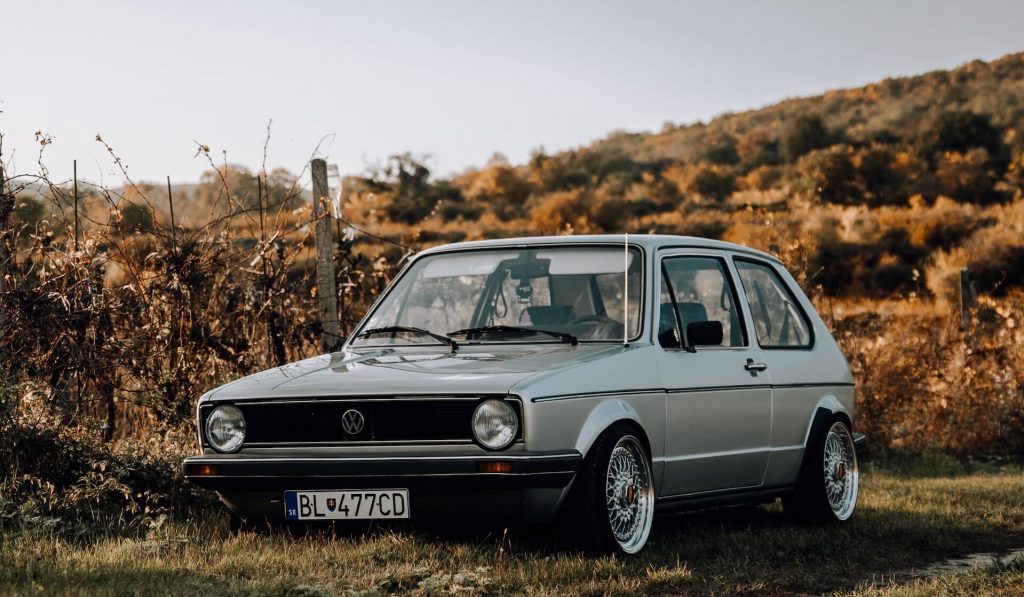
In 1974, Volkswagen unveiled the Golf, known as the “Rabbit” in the US, revolutionizing the compact car segment. The Golf marked a significant departure from the rear-engine, rear-wheel-drive layout of the Beetle, introducing a front-engine, front-wheel-drive configuration. Its hatchback body style offered practicality without compromising on style.
The Golf quickly gained popularity, becoming a symbol of versatility, reliability, and enjoyable driving experience. The brand’s dedication to engineering excellence and comfort made the Golf a favorite among car buyers worldwide. It became a mainstay in Volkswagen’s lineup, with each new generation incorporating the latest innovations and technologies.
From young professionals to small families, the Golf catered to a diverse audience. Its timeless appeal and enduring success have solidified its position as one of the most iconic Volkswagen models ever produced.
Volkswagen Karmann Ghia: The Elegant Sports Coupe
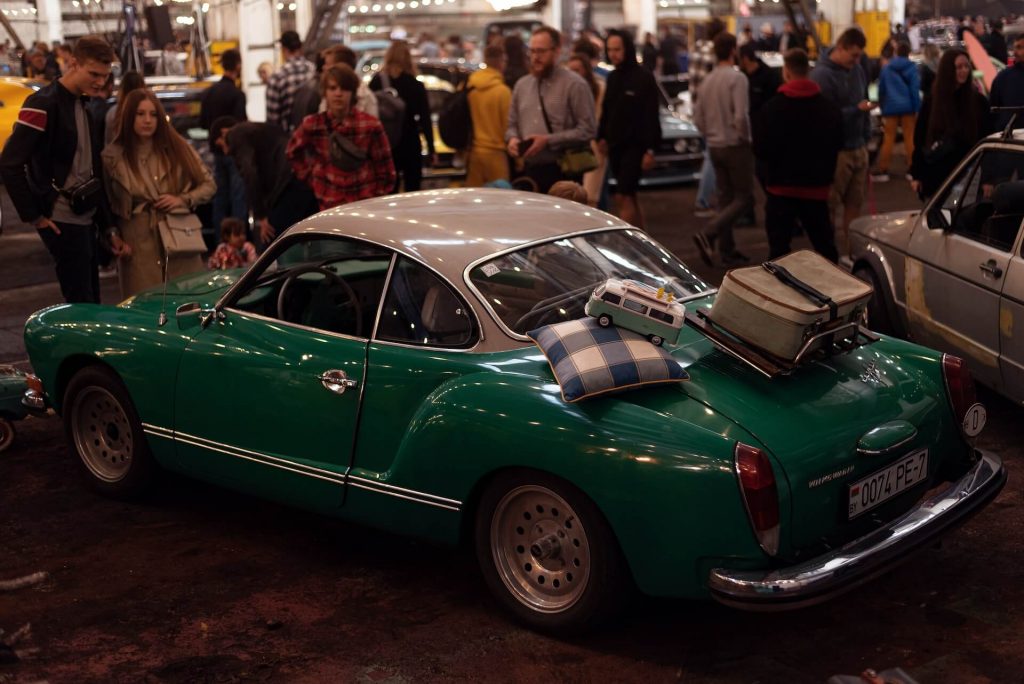
Introduced in 1955, the Volkswagen Karmann Ghia combined the mechanical reliability of the Beetle with a stunning Italian-designed body crafted by Carrozzeria Ghia and coachwork by Karmann. The result was a stylish and elegant sports coupe that captured the essence of classic automotive design.
The Karmann Ghia’s sleek lines, graceful silhouette, and attention to detail made it an instant classic. Though it was not produced in the same volume as some other VW models, its allure and timeless design have earned it a place among the most iconic Volkswagen models in history.
Volkswagen Passat: A Legacy of Comfort and Quality
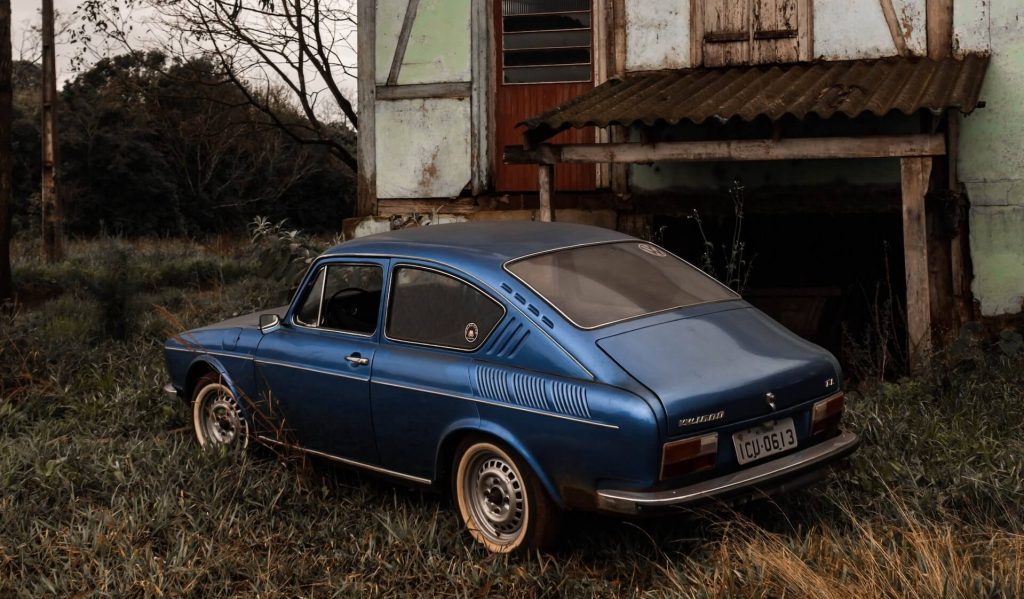
In 1973, Volkswagen introduced the Passat, making a significant impact in the mid-size family car segment. The Passat’s appeal lay in its practicality, spacious interiors, and comfortable ride. It provided a perfect balance between performance and daily usability.
With each successive generation, the Passat evolved to embrace new design elements and cutting-edge technologies. The brand’s commitment to quality engineering and refined interiors ensured the Passat’s continued success.
Over the years, the Passat has garnered a loyal following, with its reputation for reliability and driver comfort making it a popular choice among families and professionals alike. Its continued success cements its status as an iconic Volkswagen model with a lasting legacy.
Volkswagen Jetta: The Sedan Sensation
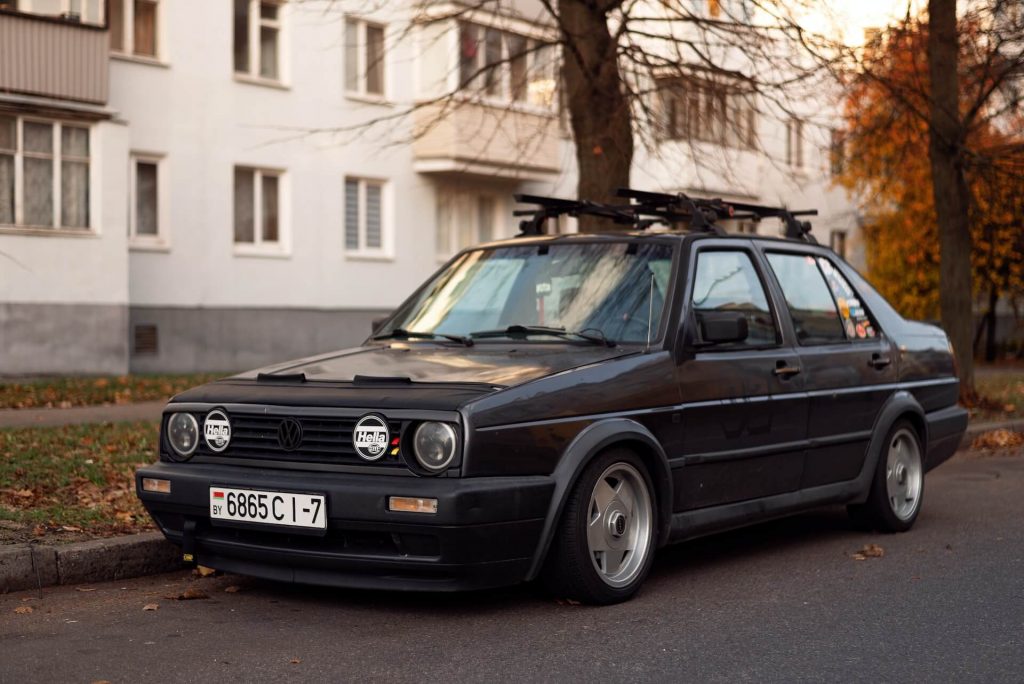
In 1979, Volkswagen launched the Jetta, a practical and stylish sedan version of the popular Golf. The Jetta shared the Golf’s reliable mechanics and enjoyable driving experience but offered a more traditional trunk layout.
The Jetta quickly gained popularity, becoming a favorite choice for those seeking a balance between compact size and ample cargo space. Its versatility, affordability, and fuel efficiency contributed to its continued popularity throughout the years.
As trends and technology evolved, the Jetta adapted to meet the needs of modern drivers, all while maintaining its timeless appeal. Its status as an iconic Volkswagen model remains unshaken, thanks to its enduring success and widespread popularity.
Volkswagen Scirocco: The Sporty Coupe
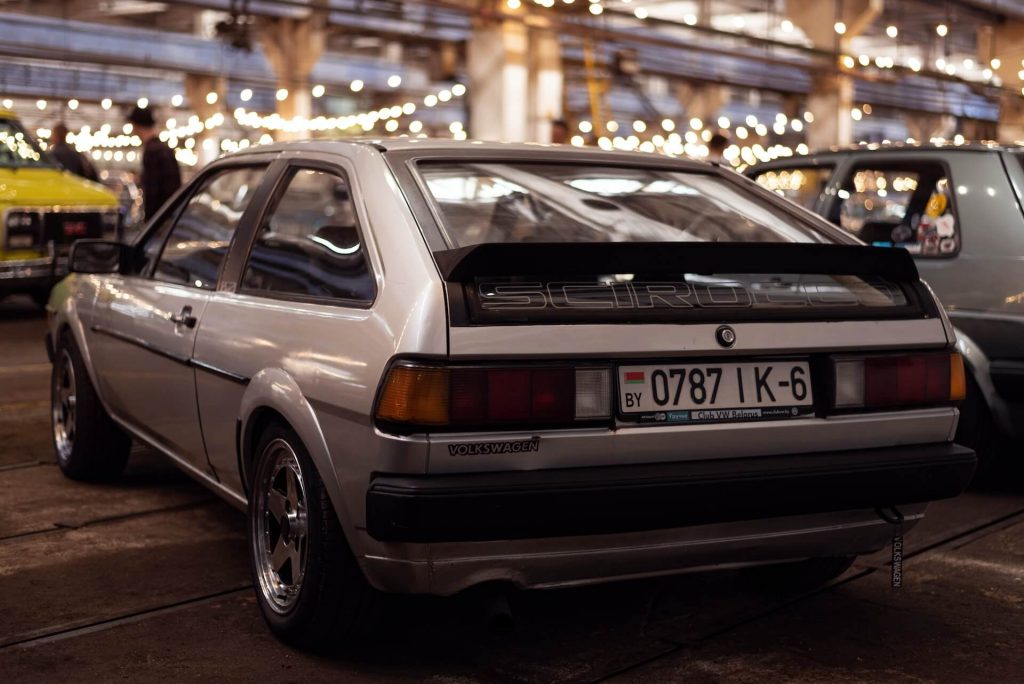
In 1974, Volkswagen introduced the Scirocco, a sporty and agile compact coupe designed to cater to driving enthusiasts. The Scirocco stood out from the rest of the VW lineup, focusing on spirited performance and a sleek design.
With its responsive handling and performance-oriented features, the Scirocco found a dedicated following among car enthusiasts. Though it faced discontinuation in 2017, its legacy lives on in the hearts of those who appreciate its engaging driving dynamics and captivating aesthetics.
Conclusion
Volkswagen’s legacy as an automotive pioneer is intricately woven into the fabric of history. The brand’s iconic models, from the revolutionary Beetle to the spirited Microbus, have shaped the way people perceive and experience cars. Their influence transcends generations, leaving an indelible impact on automotive culture and enthusiasts worldwide.
As we reflect on these timeless icons, we are reminded of the creativity, innovation, and passion that went into creating these remarkable vehicles. Volkswagen’s commitment to engineering excellence and a customer-centric approach has ensured the enduring appeal of its iconic models.
Whether it’s the nostalgia for the Beetle’s timeless charm, the yearning for freedom and adventure evoked by the Microbus, or the passion for performance and design embodied by the Golf and Scirocco, each of these iconic Volkswagen models represents an extraordinary piece of automotive history. As we celebrate these timeless icons, we pay homage to the brand’s enduring commitment to shaping the automotive landscape and inspiring generations of drivers.
